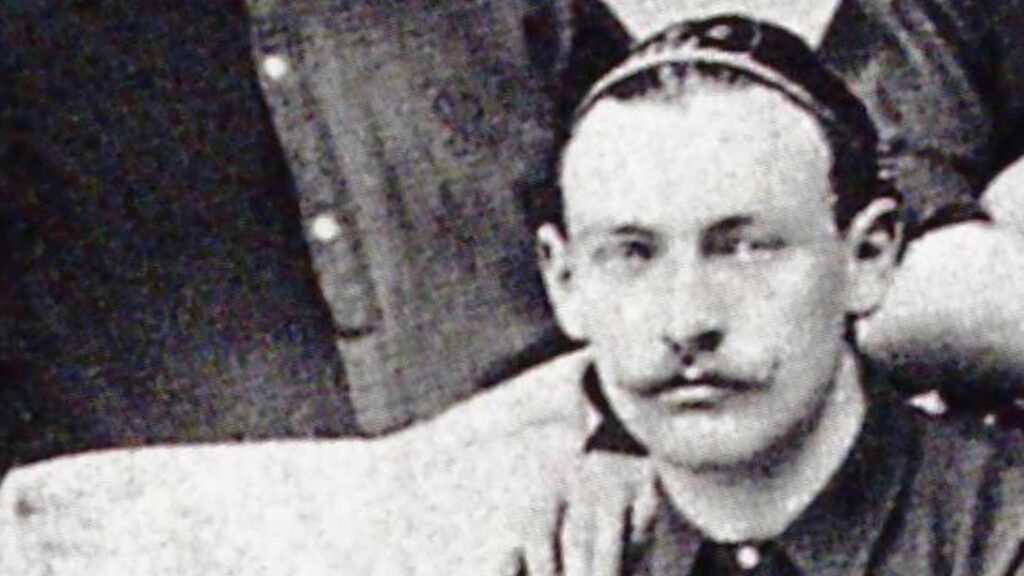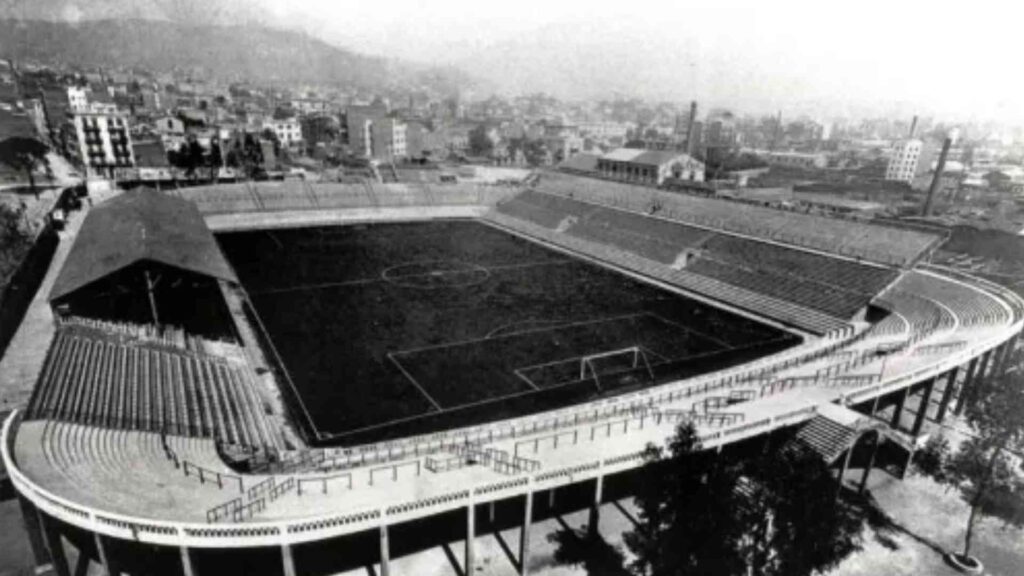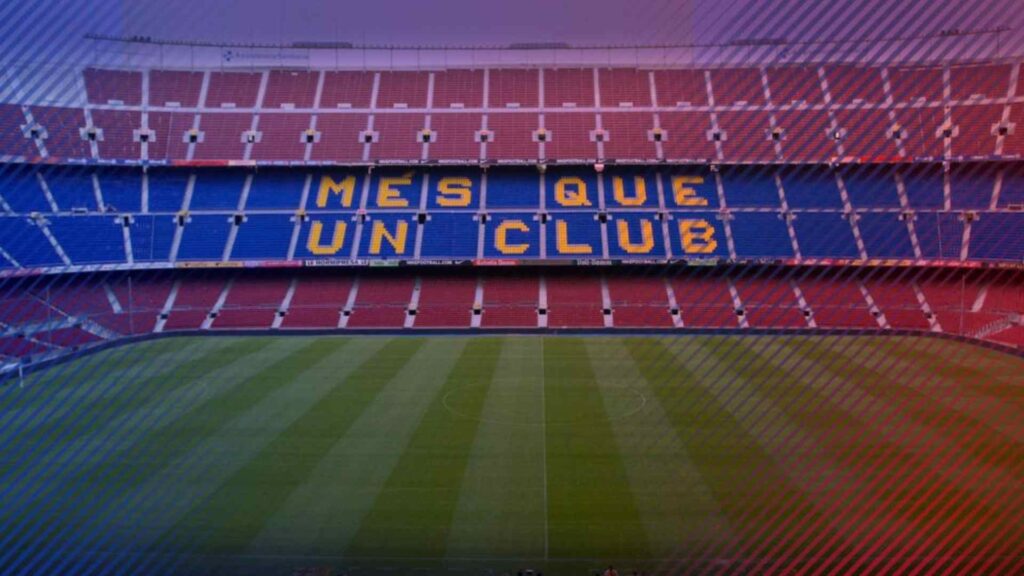On October 22, 1899, Hans Gamper, a Swiss sports enthusiast, placed an advertisement in the magazine “Los Deportes” looking for like-minded people to form a football club in Barcelona. Just 47 days later, on November 29, 1899, at the Solé Gymnasium, Gamper and 11 others officially founded Barcelona Football Club (FC Barcelona).

Joan Gamper was not only the founder but also the first player, captain and later president of FC Barcelona for five terms. He chose the blue and burgundy (blaugrana) colours for the team, which were said to be inspired by the colours of his former club FC Basel. Gamper wanted to create a club that was open to everyone, regardless of origin, and that would become a symbol of social integration.
The Hard Years: Building Identity and Reputation
In its early years, FC Barcelona had no permanent home stadium and played at various venues such as the Velódromo de la Bonanova, the Hotel Casanovas, the Carretera d’Horta and the Carrer Muntaner. Despite the difficulties, the club quickly gained a reputation through victories in regional competitions such as the Campionat de Catalunya and the Copa Macaya. In particular, the 1901–02 Copa Macaya victory was FC Barcelona’s first official trophy.
Shaping FC Barcelona’s Identity: The First Titles and Les Corts Stadium

The 1920s marked the first golden age of FC Barcelona. Under the guidance of coach Jack Greenwell and players such as Paulino Alcántara, Josep Samitier and Ricardo Zamora, the team won many important titles. In 1922, the Les Corts stadium was inaugurated, becoming the club’s first home stadium with an initial capacity of 20,000, later expanded to 60,000.
Turbulent Times: War and Crisis
In 1925, after the audience at Les Corts booed the Spanish national anthem and applauded the English national anthem, the dictatorial government of Primo de Rivera forced Joan Gamper to leave Spain. Gamper fell into depression and died in 1930. In 1936, during the Spanish Civil War, FC Barcelona president Josep Suñol was assassinated by fascists, marking a dark period in the club’s history.
FC Barcelona: More Than A Club

FC Barcelona is not only a football team but also a cultural and political symbol of Catalonia. With the motto “Més que un club” (More than a club), FC Barcelona has become a symbol of Catalan national pride and the desire for freedom. The strong bond between the club and the Catalan identity has helped FC Barcelona overcome many challenges and continue to thrive.
From a small magazine ad to becoming one of the world’s leading football clubs, FC Barcelona’s history is a testament to vision, perseverance and passion. The club has not only achieved great success on the pitch, but has also played a vital role in expressing and protecting Catalonia’s cultural identity.








